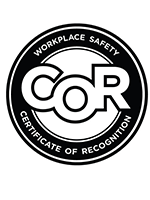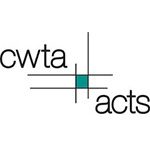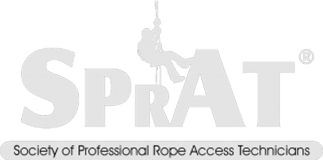Posted: Oct 31 '16
Packing a Lunch = Work Safety?
Is it possible that what we pack ourselves for lunch can have an impact on overall job safety? Yes! Absolutely. How often have we set out to work and forgotten, didn't have time, or didn't feel like planning a lunch or snack for the following day's work? This can be especially true if you're working long, demanding hours. But the wrong lunch, or the lack of a lunch, can have an impact on your ability to work safely.
Water - Of Course
As you may have expected, proper hydration is an important part of what you should have available as part of your meal planning. When choosing how much water you'll need, consider the forecast, expected work load, whether you sweat a lot and whether there will be other sources of water available, such as convenience stores, fill stations at the work site, etc. A good way to determine proper hydration is monitoring the colour of your urine. Urine should be clear to very light coloured. However, be aware that if you respond to dark coloured urine by chugging large amounts of water you may get "false" results. It's best to determine regular proper hydration and monitor your required intake over several days.
Work Safety Issues Related to Dehydration:
- Feelings of dizziness or fainting upon changing work positioning (ie. from squatting to standing)
- Decreased motor response/reaction times
- Impaired visual motor tracking, reduction in memory and problem solving resulting in reduced productivity
- Reduction in ability to be attentive, resulting in decreased production and increased likelihood of accidents
Eat Up
Eating is just as important as being properly hydrated. We can all get into the bad habit of eating at the completion of our work duties, instead of eating smaller portions throughout the day. But just as your generator won't work without fuel, and runs poorly as it's running out of fuel, so to do our bodies. Common issues related to hunger can include trouble concentrating, poor motor skills, being in a bad mood/feeling pessimistic, interruptions to your sleep and troubles with memory.
While having a lunch and snacks is important, having a safe lunch is also important!
Food Safety Considerations
- Keep cold food cold and hot food hot by using thermos', ice packs, insulated lunch kits and freezing food ahead of time that will slowly thaw until it's ready to be eaten
- Eat clean; wash your hands prior to eating using soap and water, hand sanitizer or by packing wet wipes into your lunch kit. Eat off a clean surface, such as the upturned lid of your lunch kit
- Store your lunch in a safe location, such as under or behind your seat if you're working out of a truck, instead of in a location where the heat or sun will be constantly on it
- Pay attention to expiry dates
- If you do not finish your entire lunch, consider whether it is a safe food to repack the second day. Meats and milk products are more likely to sour
- Consider packing foods that are safer, such as canned sardines instead of fresh fish
REQUEST INFO ON OUR COURSES







